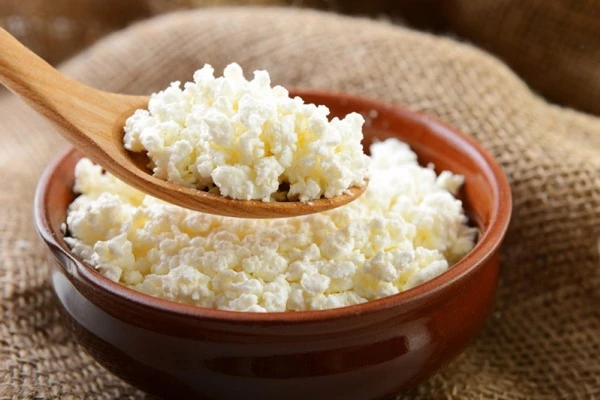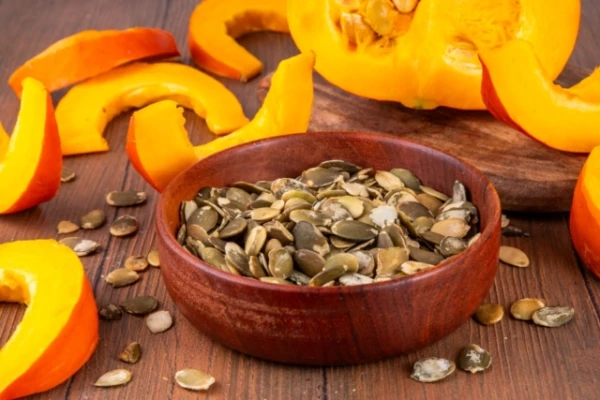
The comparison of the two options shows that it is not just about calorie content.
For many years, low-fat cottage cheese was considered almost the "gold standard" of dietary nutrition. It was chosen by those who aimed to lose weight or switch to a healthier diet. However, modern research and the experience of nutritionists prove that the absence of fat in the composition is not a guarantee of benefits for the body.
Cottage cheese has long been a staple on the table. It is added to syrniki, casseroles, pancakes, or served with jam in tea. And of course, everyone chooses their favorite fat content: from light low-fat to the richer 9%. But is their benefit the same?
Why low-fat cottage cheese is not always the right choice
At first glance, the low-fat option looks ideal — minimum calories, maximum protein. However, along with the fat component, the product loses part of its value. It is the fats that ensure the absorption of fat-soluble vitamins A, D, E, and K. Without them, calcium, for which cottage cheese is most often consumed, hardly reaches the bones and teeth.
There is another problem: the production process. To compensate for the dry texture and bland taste, some manufacturers add starch, sweeteners, or stabilizers. As a result, instead of a "healthy dietary product," a person receives processed cottage cheese, which can cause sharp spikes in insulin levels and does not help control weight.
Pros and cons of 9% cottage cheese
Cottage cheese with medium fat content (about 5–9%) has a completely different profile of benefits compared to low-fat. It is a complete source of protein and dairy fat, providing a feeling of satiety, supporting stable hormonal balance, and nourishing the brain thanks to phospholipids. A small portion of such a product can easily replace a full snack.
Modern science has long disproved the myth of the "harmfulness" of dairy fats. It has been proven that their moderate consumption not only does not provoke obesity or cardiovascular problems but is considered an important component of a balanced diet.
However, it is important to remember the golden rule of moderation. Excess saturated fats can lead to an increase in bad cholesterol levels, increase the risk of atherosclerosis, and create additional stress on the kidneys.
So which cottage cheese to choose
The comparison of the two options shows that it is not just about calorie content. Low-fat cottage cheese is a product that often loses its natural nutritional value and is filled with additives. The 9% variety retains the natural balance of nutrients and the taste intended by nature.
The conclusion is simple: it is better to choose high-quality medium-fat cottage cheese and consume it in small portions. A few spoonfuls of the natural product will bring the body much more benefit than a kilogram of the low-fat equivalent.













Leave a comment